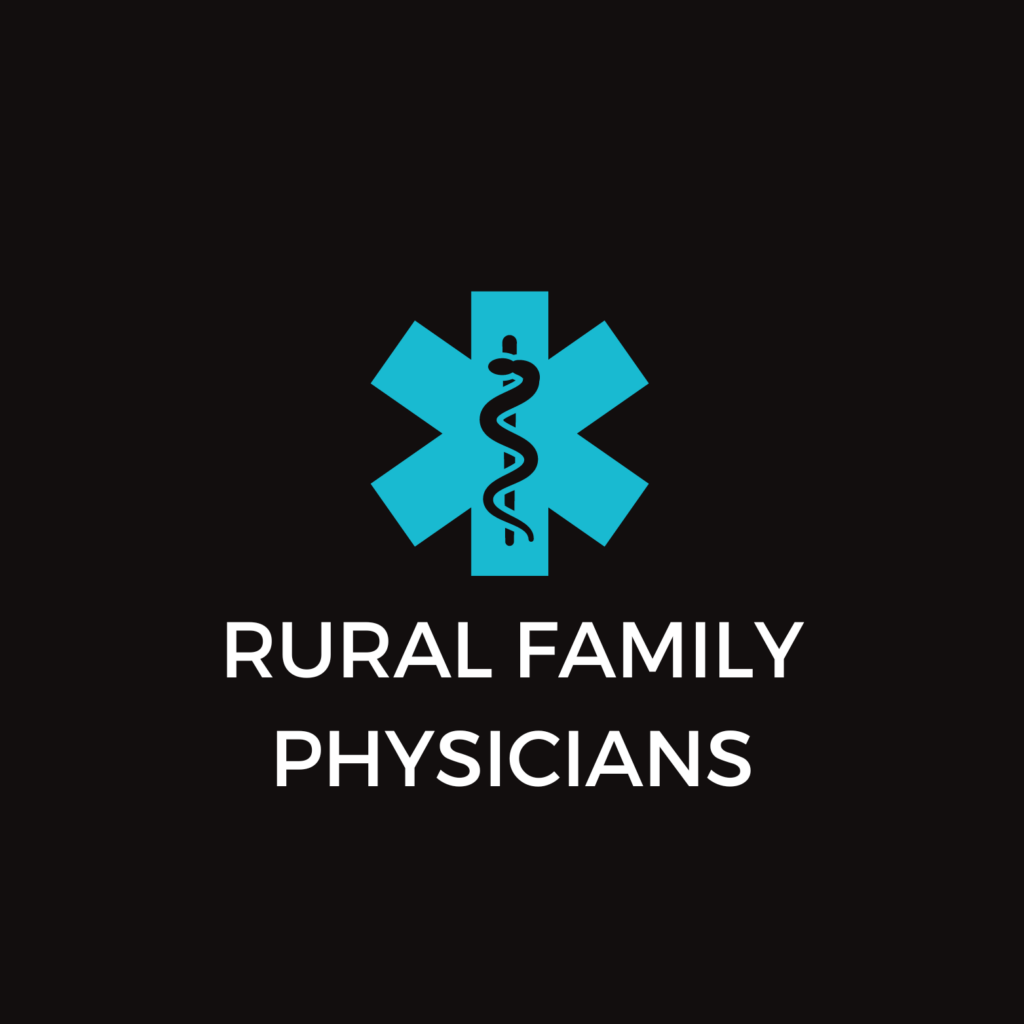An excerpt from the Rockford Register Star
A doctor’s appointment may not feel much like a traditional doctor’s appointment pretty soon. Local health systems will be relying on a broader mix of providers to handle the load of uninsured patients that health care reform will add, particularly primary care and family doctors, whose numbers already are dwindling as young doctors are lured away by higher-paying specialty practices.
Nurse practitioners and physician assistants can perform duties similar to those of physicians, including diagnosing and treating illnesses and educating patients about disease prevention. The Bureau of Labor Statistics expects the fields to be two of the fastest-growing professions in the coming decade.
Advanced degrees are as lucrative, career- and salary-wise, as they are for schools and hospitals. Saint Anthony’s program offers a mix of online and on-campus classes and clinicals so students can still work and learn. Rockford College and Rock Valley College also offer nursing degree programs, and the Northern Illinois Online Initiative for Nursing program offers a hybrid creation that’s a mix of online and on-campus classes through a partnership between local colleges, area hospitals and health systems.
“It’s a model to give patients the best access at the time they need it,” Shannon Lizer, dean of graduate affairs and research, said. “There aren’t enough physicians, and partnerships work.”
Rural areas are the most innovative when it comes to dealing with provider shortages, because they are the ones with the greatest needs and challenges–so how does your community handle it? If you’re in need of help recruiting providers, contact Colorado Provider Recruitment, your nonprofit recruiting experts, today!



